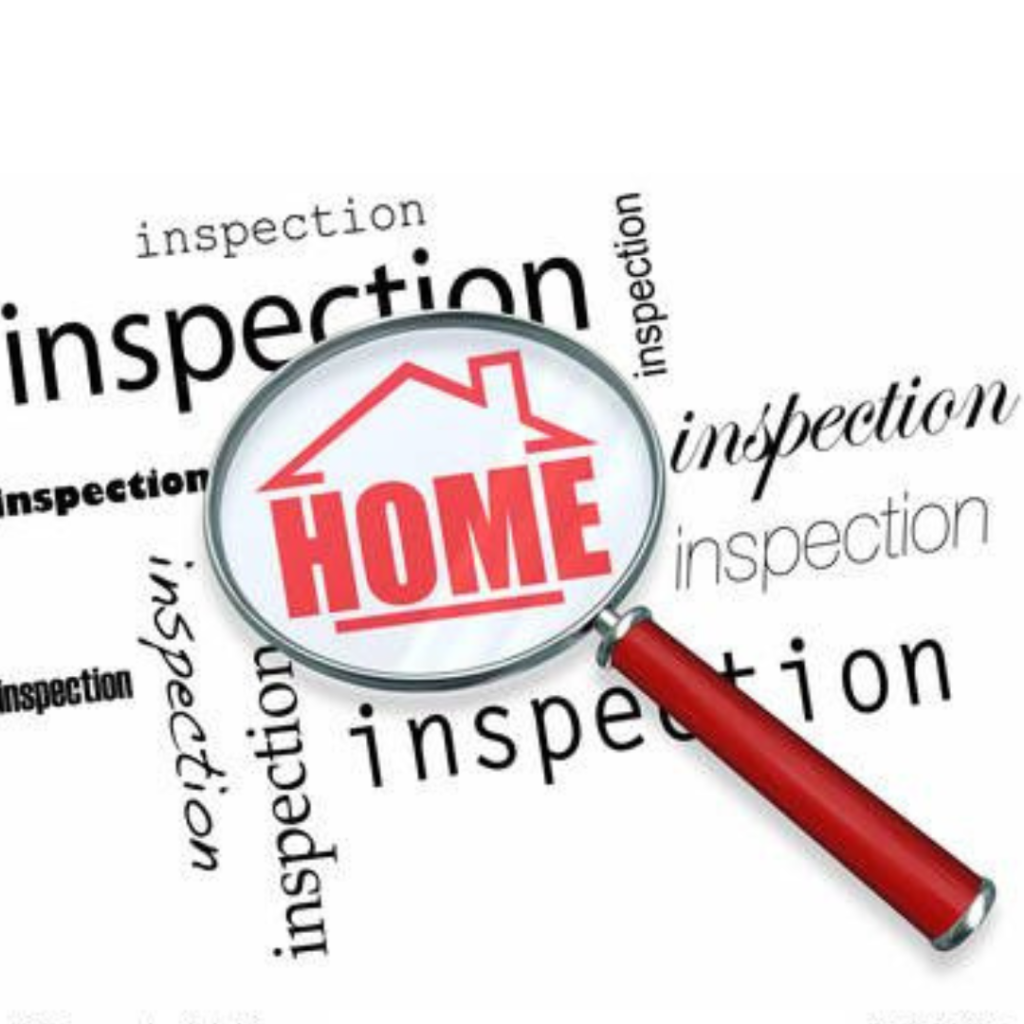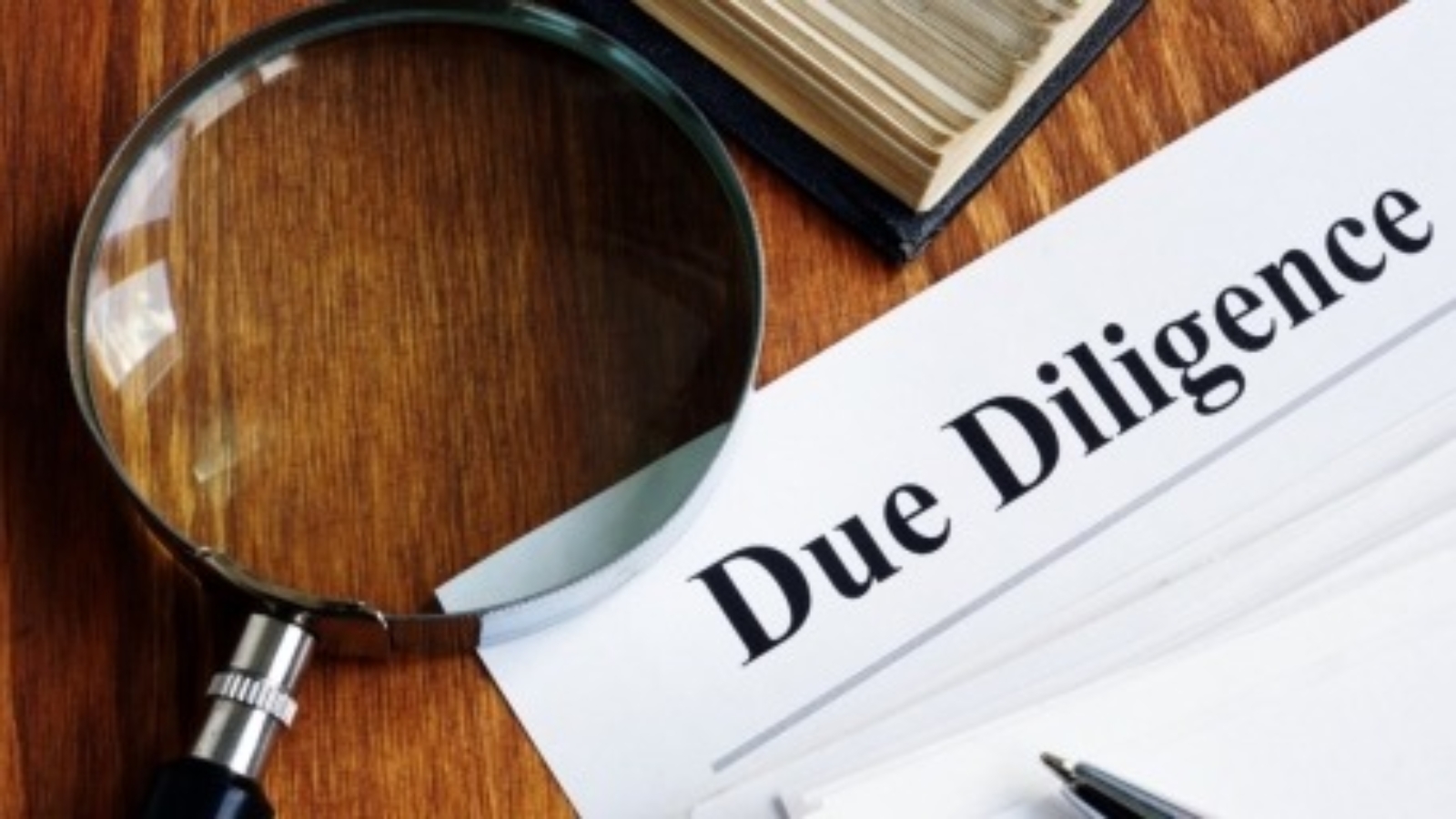“It’s really important to thoroughly understand the state a property is in before you buy it.”
In the real estate industry, buying a house is frequently seen as a big step toward investment and stability. But to make an informed investment, the procedure might be complicated, needing much thought and investigation. To reduce risks and make wise judgments, property buyers must engage in due diligence in this situation.
What is due diligence?
An investigation is known as “due diligence,” and it is typically done before signing a contract. Here, it refers to looking into a property before buying it. You can acquire certain official reports and conduct some informal queries as part of your due diligence. You are responsible for conducting this research on your own, but if you ask, your lawyer can assist you (though they will probably charge for these services). The real estate agent can also be able to assist in some other areas
It carefully examines the property’s environmental, financial, legal, and physical aspects to determine its worth and suitability. Due diligence may appear time-consuming, but the advantages of doing so far outweigh the possible drawbacks of omitting this important step.

Key Components of Due Diligence
- Market Analysis
The fair market value of the property can be ascertained by performing a comparative market analysis (CMA). Examine previous sales of comparable houses in the neighborhood, as well as the availability of new properties and market patterns. Gaining insight into the local real estate market will enable you to avoid overpaying and negotiate a reasonable price.
- Financial Due Diligence
It’s important to evaluate your financial status before getting too involved with a property’s features. Examine your earnings, bills, and savings to find out how much you can afford to spend on a house. To learn more about your borrowing capacity and possible interest rates, get pre-approved for a mortgage.
- Legal Due Diligence
Conducting legal due diligence means going over all relevant legal paperwork for the property. This covers the easements, zoning laws, survey reports, title deeds, and any liens or encumbrances. Make sure there are no unresolved legal issues or unpaid taxes, and that the seller has a clear title to the property.
- Vendor Due Diligence
Due diligence is essential to assess the financial stability, performance history, and reliability of vendors before entering into partnerships or collaborations with them. Vendor due diligence helps in minimizing supply chain risks and choosing trustworthy partners.
- Client Due Diligence
Client due diligence is a vital component of know-your-customer (KYC) and anti-money laundering (AML) processes in the financial sector. stop illegal activity, including verifying the identities of clients, evaluating their risk profiles, and keeping an eye on their financial activity.
- Customer Due Diligence
CDD is crucial for companies to have an in-depth knowledge of their clients, much like client due diligence. It entails confirming the identities of the clients, evaluating their financial conduct, and looking for any unusual activity that would point to fraud or illegal transactions
- Third-Party Due Diligence
Third-party organizations, like suppliers, partners, or vendors, are frequently involved in due diligence. To reduce potential risks and guarantee the dependability of these third parties’ services, it is essential to evaluate their financial standing, standing, and compliance.
- Property Inspection
To find any hidden problems or deficiencies, a comprehensive property examination is necessary. For an in-depth inspection of the HVAC (heating, ventilation, and air conditioning), roof, foundation, plumbing, and electrical systems, hire a certified home inspector. They will give you a thorough report detailing any issues and an estimated cost of repair.
- Utilities and Services
Examine the availability and state of utilities and services that are necessary, like gas, power, water, sewage, and internet access. Verify that the property’s utilities are operational and that it is connected to municipal services. Take into account any extra expenses or limitations related to private utilities or other energy sources.
- Future Development Plans
Do some research on any suggested or planned development projects that might have an effect on the property in the neighborhood. This could involve improvements to the transit system, new infrastructure, zoning adjustments, and commercial projects. Comprehending the plans for future development may help in anticipating neighborhood transformations and their impact on property values.
- Insurance Considerations
Determine whether the property is insurable and get homeowners insurance quotes. When choosing insurance coverage, take into account many aspects such as the property’s age, condition, building materials, and location. Depending on the location of the property, look into additional coverage choices for hazards including hurricanes, earthquakes, and floods.
It is necessary to present documentation of all contracts and agreements to which the business has entered, such as buying contracts, intellectual property agreements, sales agreements, inter-company agreements, and detailed rosters of important clients and vendors.
One of the biggest purchases that a lot of people will ever make is a house. It’s a process that involves more than just locating a property that appeals to the eye; considerable thought, analysis, and investigation are necessary. In the real estate industry, due diligence involves investigating every facet of a property to guarantee that buyers are well informed.

